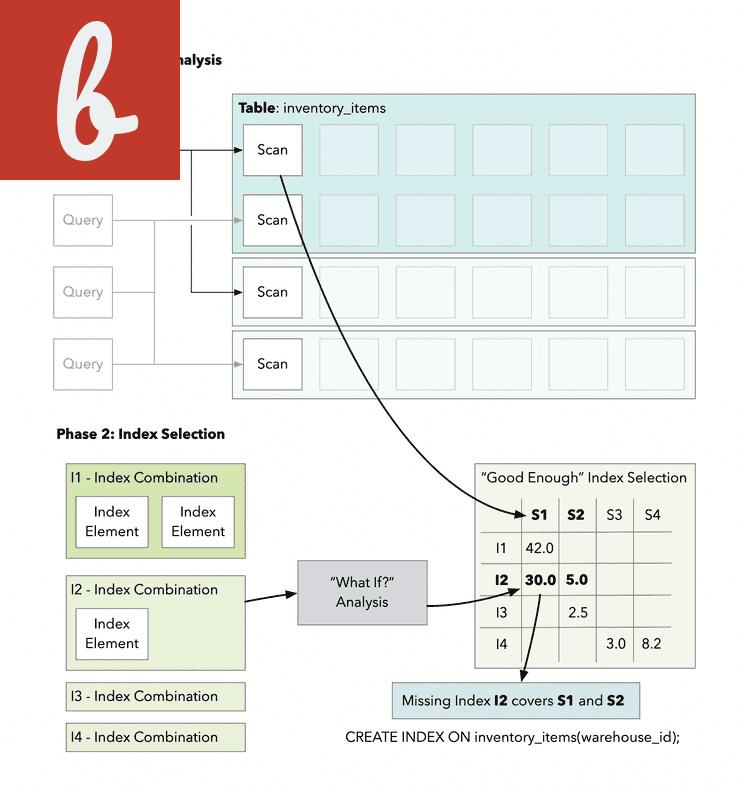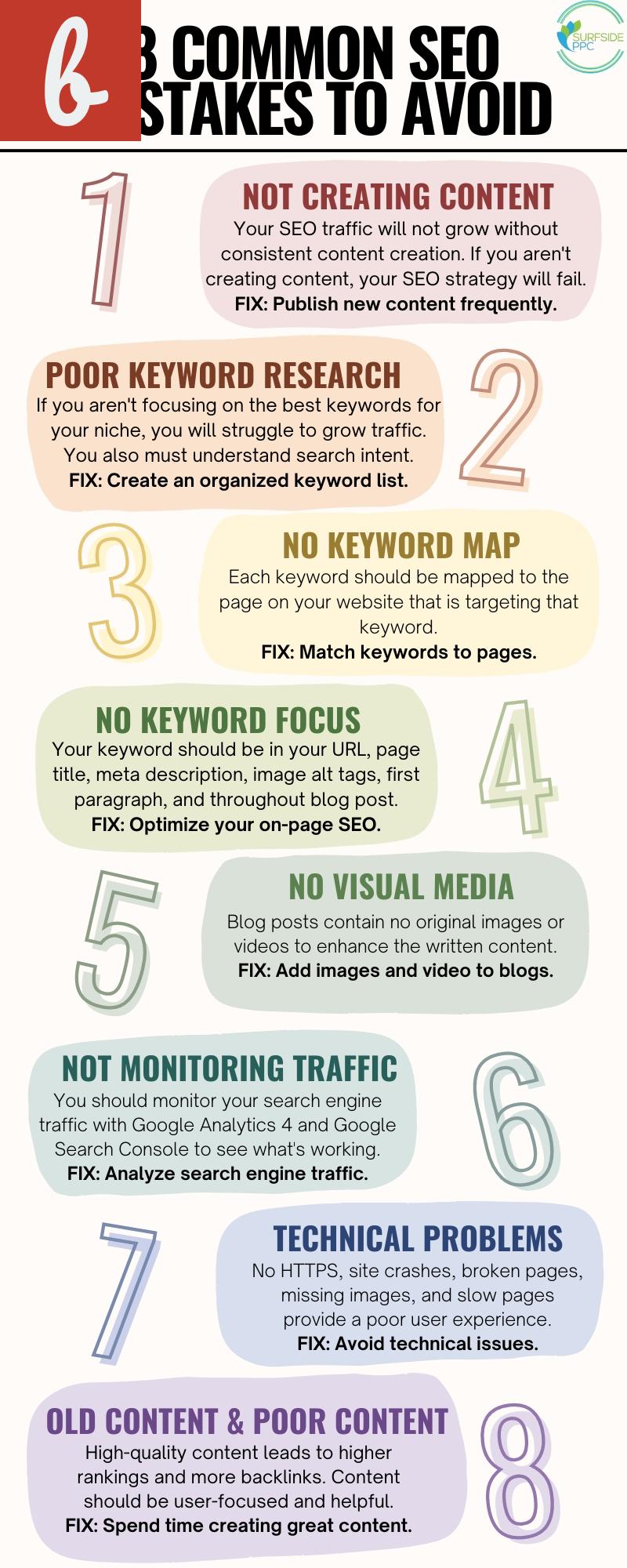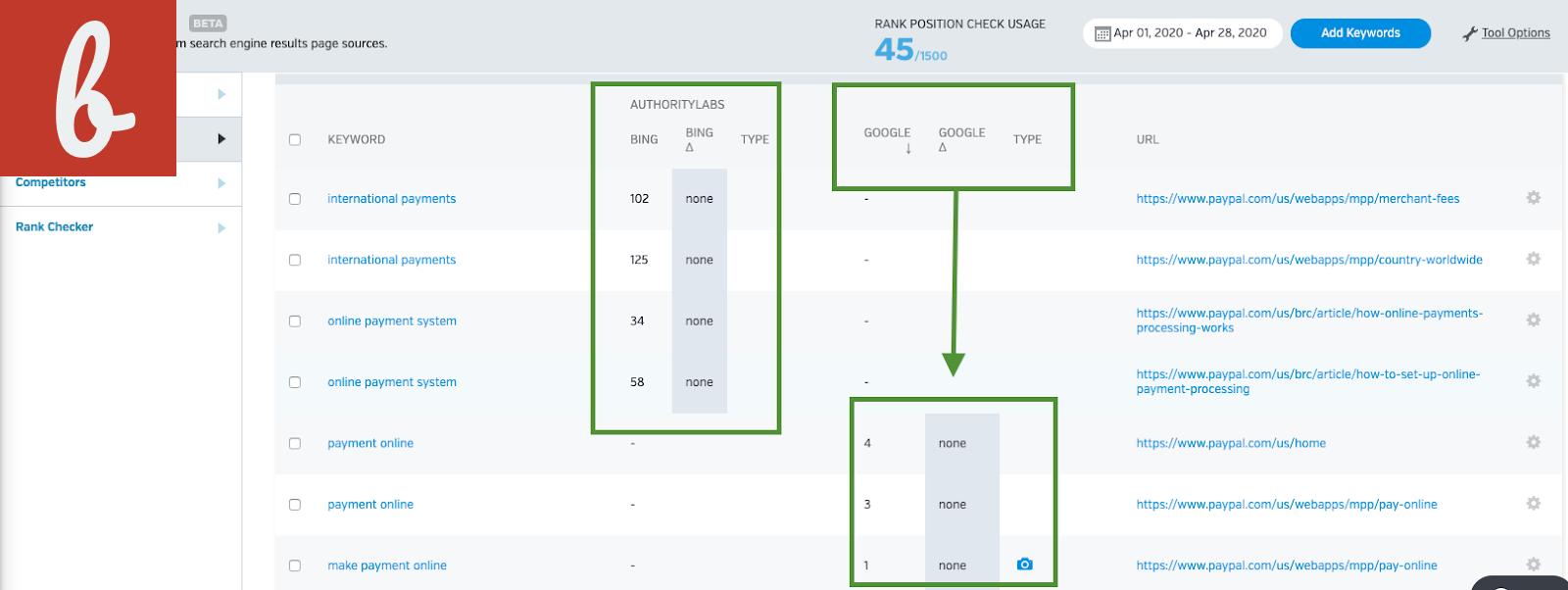How to Effectively Analyze Indexing Data with an Index Checker
Indexing is a crucial aspect of search engine optimization (SEO). It determines whether your website's pages are being included in search engine results or not. Analyzing indexing data can provide valuable insights into the performance of your website and help improve its visibility in search engine rankings. One tool that can aid in this analysis is an Index Checker.
An Index Checker is a powerful SEO tool that allows you to see which pages of your website have been indexed by search engines. By using an Index Checker, you can identify any indexing issues or discrepancies that might be hindering your website's visibility.
- Verify Indexing Status: The primary function of an Index Checker is to verify the indexing status of your website's pages. It provides you with a list of indexed pages along with those that are not indexed. This information is valuable as it allows you to determine which pages require further optimization or troubleshooting.
- Identify Indexing Issues: An Index Checker can help you identify indexing issues that may be affecting your website's SEO efforts. It can highlight pages that are blocked from crawling, have duplicate content, or contain broken links. By addressing these issues, you can ensure that search engines can properly crawl and index your pages.
Use Indexing Data for SEO Strategy: Analyzing indexing data with an Index Checker enables you to make informed decisions regarding your SEO strategy. By knowing which pages are indexed, you can prioritize your optimization efforts based on the importance of each page. This data can also help you identify gaps in your content strategy and determine which pages require additional keyword targeting.
Analyze Competitor's Indexing Data: In addition to analyzing your own indexing data, an Index Checker can also be used to analyze your competitors' indexing data. By understanding which pages of your competitors' websites are indexed, you can gain valuable insights into their SEO strategy. This information can be used to identify potential opportunities or areas where your website may be falling behind.
Conclusion: Analyzing indexing data is crucial for effective SEO. An Index Checker is a valuable tool that can help you verify the indexing status of your website's pages, identify indexing issues, and optimize your SEO strategy. By utilizing an Index Checker, you can gain valuable insights to improve the visibility and performance of your website in search engine rankings.
The Importance of Index Checkers in Analyzing Indexing Data
When it comes to tracking the performance of a website in search engine rankings, there are few metrics as important as indexing. Indexing refers to the process by which search engines like Google crawl and store web pages in their database.
Monitoring the indexing status of your website is crucial for several reasons. Firstly, it gives you valuable insights into how search engines perceive your website's content. If a page is not indexed, it essentially means that search engines are not aware of its existence, and therefore, it won't appear in search engine results pages (SERPs).
Secondly, indexing data can help you identify any potential issues that might be hindering your website's visibility. By using index checkers, you can quickly pinpoint pages that are not being indexed and take appropriate actions to rectify the problem. This could include fixing technical issues, optimizing meta tags, or improving content quality.
- List item 1: Index checkers provide real-time information about which pages are indexed and which are not. This allows you to easily track the progress of your website's indexing and take prompt actions if needed.
- List item 2: Index checkers often offer additional features that help in analyzing indexing data. These features include filtering options to view indexed pages based on criteria like date, sitemap submission status, and more.
Utilizing index checkers is especially important for larger websites with numerous pages. It can be a daunting task to manually check the indexing status of every individual page. Index checkers simplify the process by providing a comprehensive overview of your website's indexing status in one place.
Another advantage of using index checkers is the ability to track changes over time. By regularly checking your website's indexing data, you can monitor how your website's indexing performance evolves and measure the impact of any optimization efforts.
Finally, index checkers can help you identify indexing abnormalities or anomalies. For instance, if you notice a sudden drop in indexed pages, it could indicate a technical issue or a penalty imposed by search engines. By detecting such issues early on, you can take immediate action to rectify the problem.
In conclusion, monitoring indexing data using index checkers is crucial for understanding how search engines interact with your website. It provides valuable insights into your website's visibility and helps identify any issues that may be affecting your search engine rankings. By regularly analyzing indexing data, you can optimize your website's performance and ensure its visibility in search engine results.
A Guide to Utilizing Index Checkers for Analyzing Indexing Data
Index checkers are powerful tools that can provide valuable insights into the indexing status of your website. By analyzing indexing data, you can identify and resolve any issues that may be affecting your website's visibility on search engine result pages (SERPs). In this guide, we will explore the importance of index checkers and how to effectively use them.
One of the primary benefits of using an index checker is the ability to determine the number of pages from your website that are indexed by search engines. This information is crucial because if search engines have not indexed your pages, they will not show up in search results. By identifying any unindexed pages, you can take the necessary steps to ensure that they are crawled and indexed.
- Check for indexing issues: Index checkers allow you to detect any indexing issues that may be affecting your website. These issues could include server errors, robots.txt file misconfigurations, or sitemap problems. By identifying these issues, you can address them and improve your website's indexability.
- Monitor website changes: By regularly using index checkers, you can track how search engines are indexing your website over time. This is particularly useful for monitoring the impact of changes made to your website's structure or content. If you observe a significant drop or increase in indexed pages, it can indicate that something on your website needs attention.
When utilizing an index checker, use keywords that are relevant to your website and the pages you want to analyze. Using specific keywords will help you find accurate data and insights related to those specific pages. For example, if you have an online shoe store and want to analyze the indexing status of your product pages, you can use keywords like "shoes," "product," or the specific names of your shoe brands.
Once you have the data provided by the index checker, it is important to analyze it in a structured manner. Look for patterns or abnormalities in indexing data to identify areas that require improvement. Address any indexing issues promptly to ensure that all your important pages are indexed and readily available to users on search engines.
In conclusion, index checkers are essential tools for website owners and digital marketers to analyze indexing data. By utilizing index checkers, you can monitor indexing status, detect and resolve indexing issues, and optimize your website's visibility on search engine result pages. Remember to choose relevant keywords and analyze the data to improve your website's overall indexability and search engine rankings.
Improving SEO with Index Checkers: Analyzing Indexing Data
Search Engine Optimization (SEO) is crucial for driving organic traffic to your website and improving your online visibility. One of the factors that play a significant role in SEO is ensuring that your web pages are properly indexed by search engines. Index checkers are valuable tools that help you keep track of your website's indexing status and identify potential issues. In this article, we will explore the importance of index checkers and how to use them to analyze indexing data.
When search engines crawl and index your website, they add your web pages to their database so that they can be retrieved in relevant search queries. However, inconsistencies or errors in the indexing process can prevent your website from ranking well in search results or even being indexed at all. This is why it is essential to regularly analyze your indexing data using index checkers.
- List item 1: Identify Indexing Issues - Index checkers allow you to review the status of your web pages in search engine indexes. They can highlight pages that are not indexed or display errors. By identifying these issues, you can take appropriate measures to address them and improve your website's visibility.
- List item 2: Monitor Website Updates - As you make changes or updates to your website, it is crucial to ensure that search engines are aware of these modifications. Index checkers can help you track how search engines respond to these updates, ensuring that your changes are reflected in search results promptly.
Analyzing indexing data involves examining various metrics and indicators to gain insights into your website's performance. It is crucial to focus on specific data points to understand the strengths and weaknesses of your SEO strategy. Some key metrics to consider are:
- Crawl Coverage - This metric measures how many of your web pages have been crawled and indexed by search engines. A low crawl coverage may indicate issues with your website's structure or technical SEO.
- Indexing Speed - The speed at which search engines index your web pages is essential for ensuring timely inclusion in search results. Slow indexing speed may affect your website's visibility and user experience.
- Error Analysis - Index checkers can provide detailed error reports, such as 404 errors or server errors, that may prevent proper indexing. Resolving these errors is crucial to improve your website's overall performance.
By regularly analyzing these metrics, you can identify areas for improvement and take corrective actions. It is recommended to set up a routine for monitoring your indexing data using index checkers. This will help you stay on top of any indexing issues and ensure that your website is effectively optimized for search engines.
Improving your SEO is an ongoing process that requires continuous monitoring and adaptation. By using index checkers to analyze indexing data, you can identify and address issues that may be hindering your website's performance. This will ultimately lead to improved organic visibility, higher search rankings, and increased organic traffic to your website.
Maximizing Website Performance through Index Checker Analysis
Website performance plays a crucial role in attracting visitors and achieving online success. One of the key factors affecting a website's performance is its indexing status on search engines. When search engines index a website, it means they have crawled and added the website's pages to their database. To maximize website performance, webmasters need to ensure that their websites are properly indexed. This is where index checker analysis comes into play.
The importance of index checker analysis
Index checker analysis is an essential process that helps webmasters determine whether their websites are being properly indexed by search engines. This analysis provides valuable insights into the indexing status of different pages on the website. It helps webmasters identify any issues that may be affecting the website's visibility and ranking on search engine results pages (SERPs).
How index checker analysis works
Index checker tools analyze a website's URLs to determine if they are included in search engine indexes. These tools check for both the presence and absence of URLs in the index. They provide detailed reports that highlight which pages are indexed and which ones are not. This information allows webmasters to take necessary action to improve website performance.
Benefits of index checker analysis
1. Identifying indexing errors: Index checker analysis helps webmasters identify any errors that may be preventing search engines from properly indexing their website. This can include issues like broken links, duplicate content, or improper URL structure. By fixing these errors, webmasters can ensure their website is fully indexed, leading to better visibility on SERPs.
2. Optimizing website performance: A thorough index checker analysis can reveal areas where website performance can be improved. By identifying pages that are not indexed, webmasters can optimize them by implementing better on-page SEO techniques. This can include improving meta tags, adding relevant keywords, and enhancing overall content quality.
3. Tracking indexation progress: Regular index checker analysis allows webmasters to track the progress of their website's indexation. They can monitor how many pages have been indexed over time and identify any patterns or fluctuations. This insight helps webmasters gauge the effectiveness of their SEO strategies and make necessary adjustments.
- Conclusion
Maximizing website performance is crucial for online success, and index checker analysis plays a vital role in achieving this. By analyzing a website's indexation status, webmasters can identify and fix any issues that may be negatively impacting their website's visibility and ranking. Regular index checker analysis helps in optimizing website performance and tracking the progress of indexation efforts. Incorporating this analysis into the SEO strategy is essential for maximizing website performance and driving organic traffic.




Comments on "Effectively Analyzing Indexing Data With An Index Checker "
No comment found!